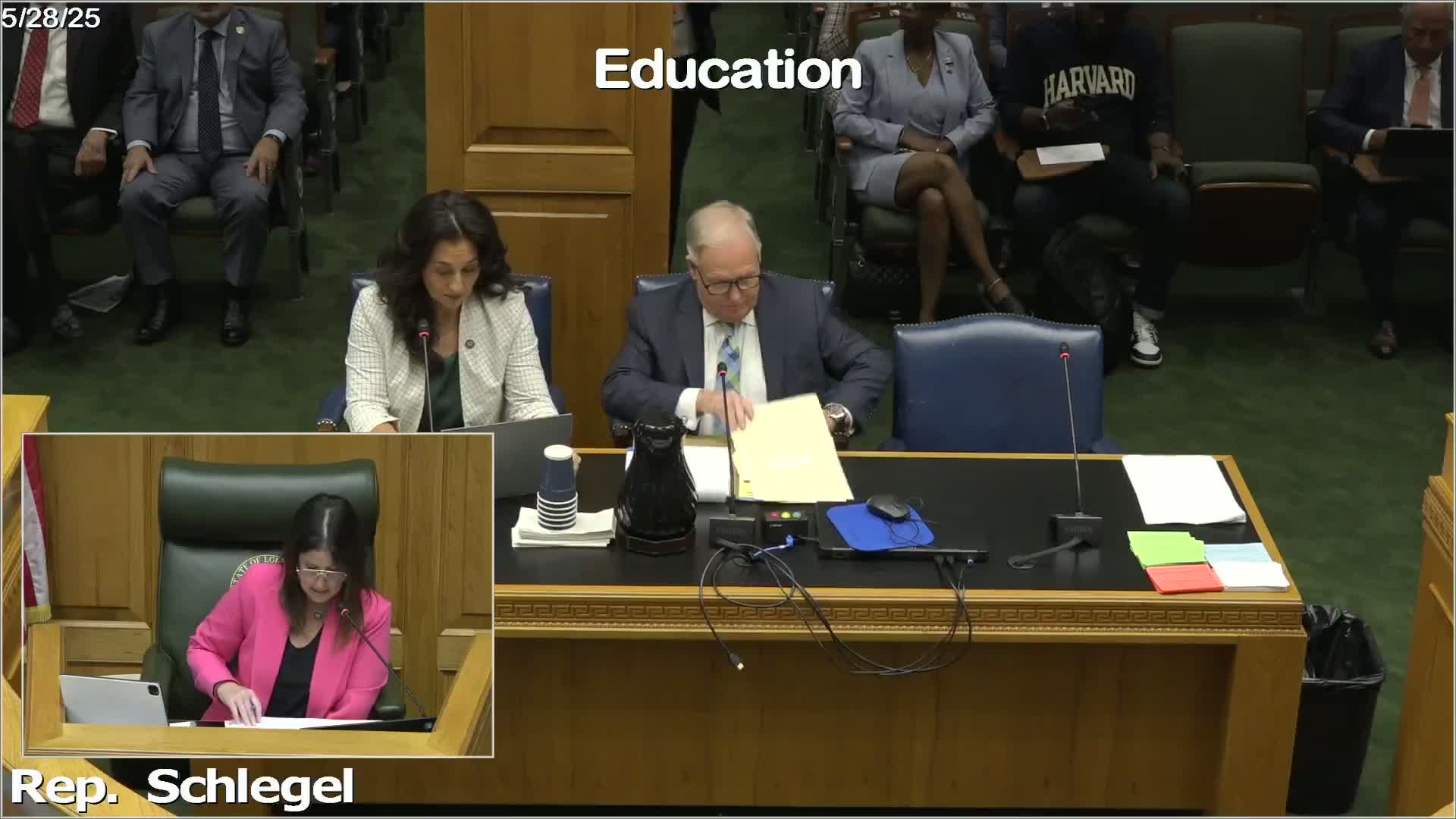Article not found
This article is no longer available. But don't worry—we've gathered other articles that discuss the same topic.
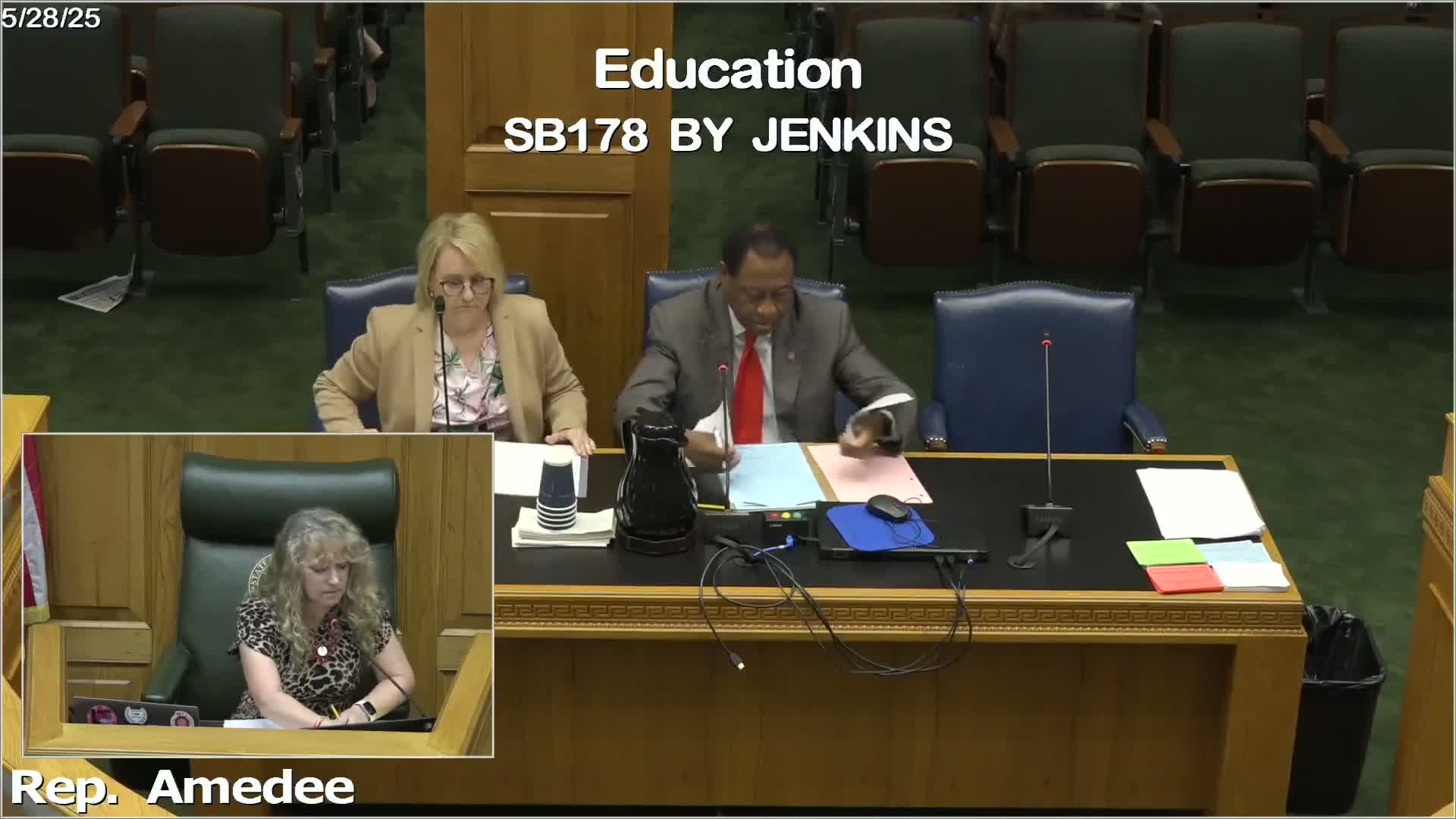
Committee approves School Employee Bill of Rights to compile protections for non-teacher staff
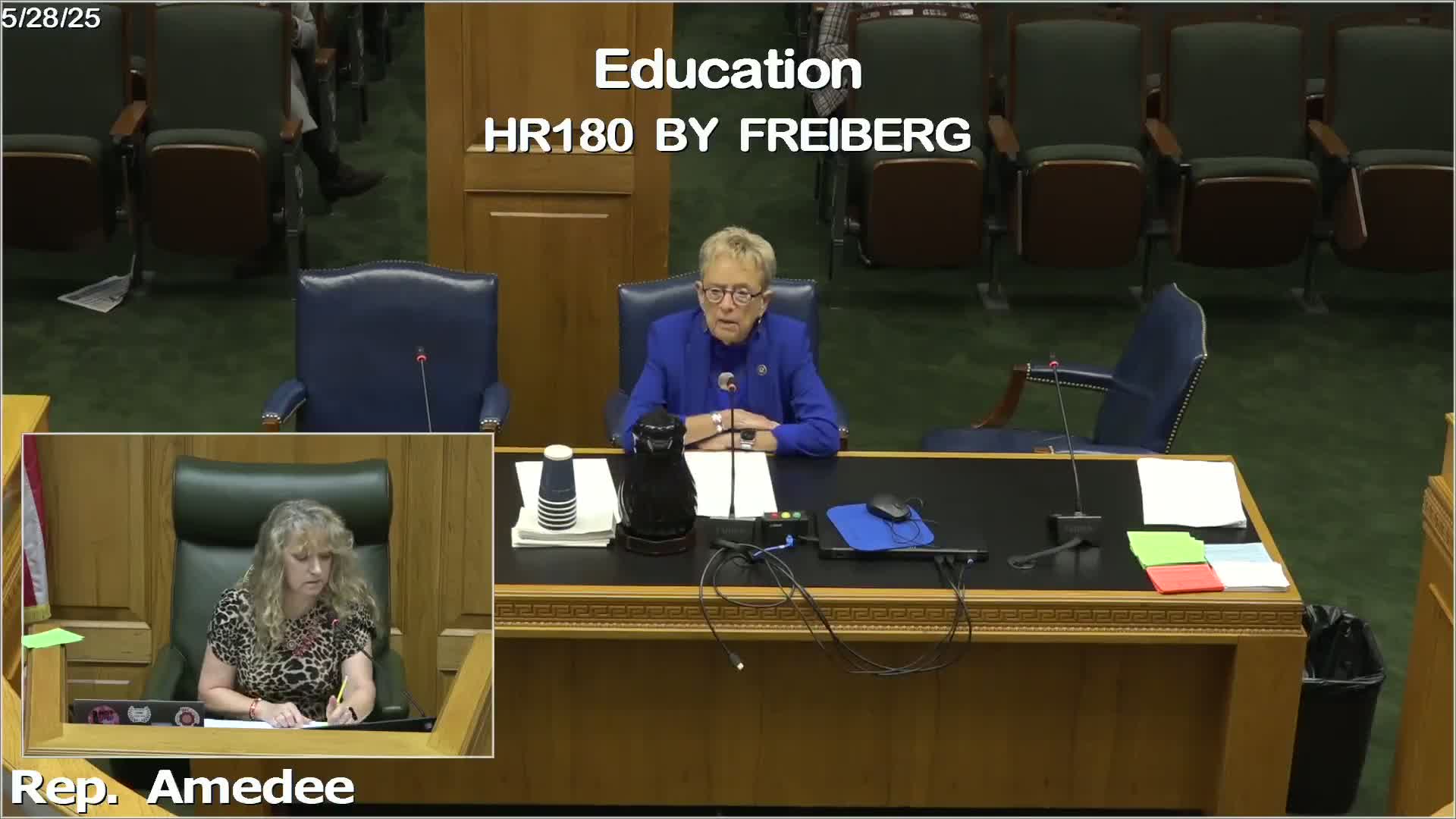
House committee green-lights study group to examine truancy and possible attendance-linked funding changes
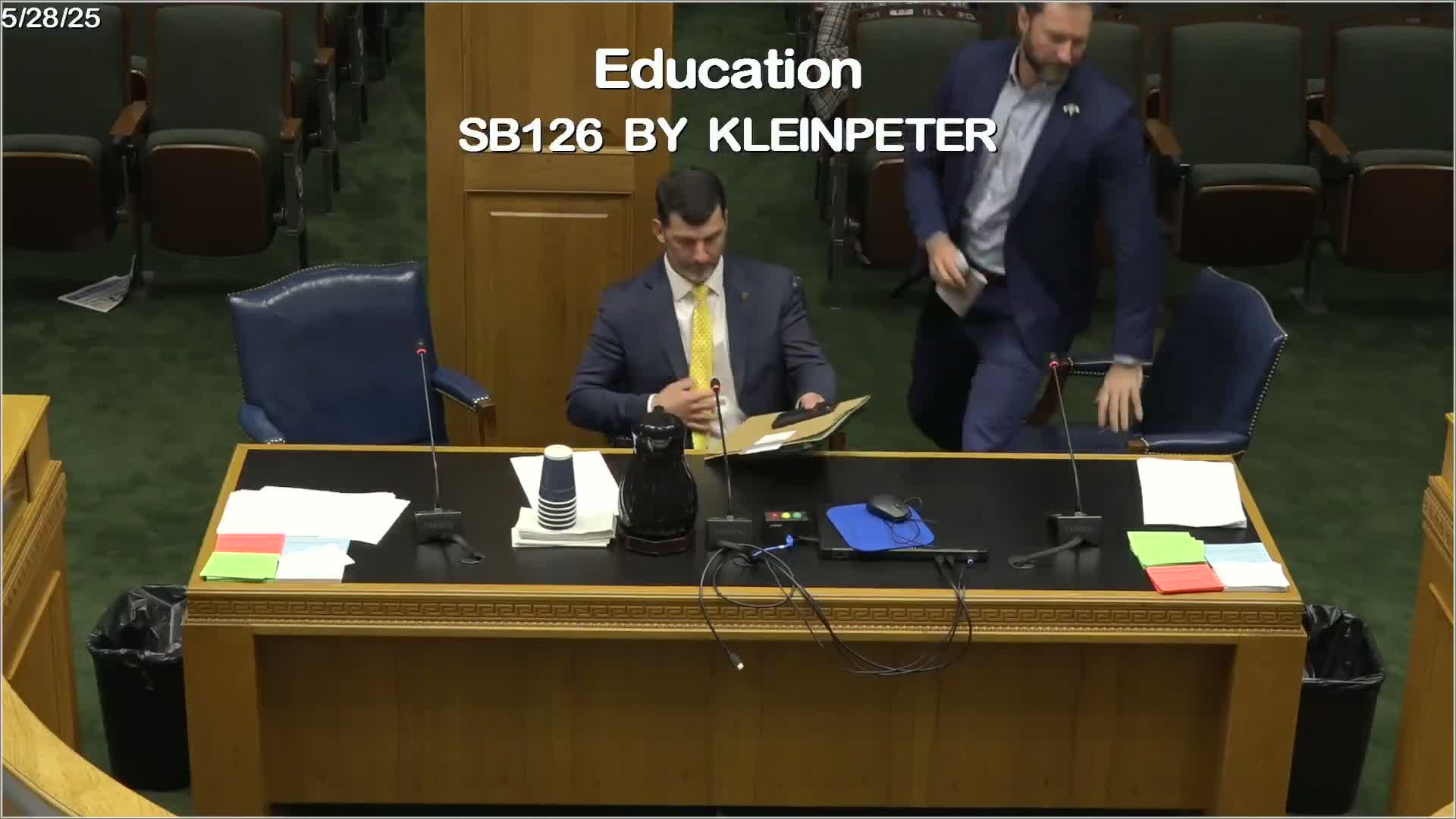
Committee advances bill to create standardized emergency-response maps for public schools
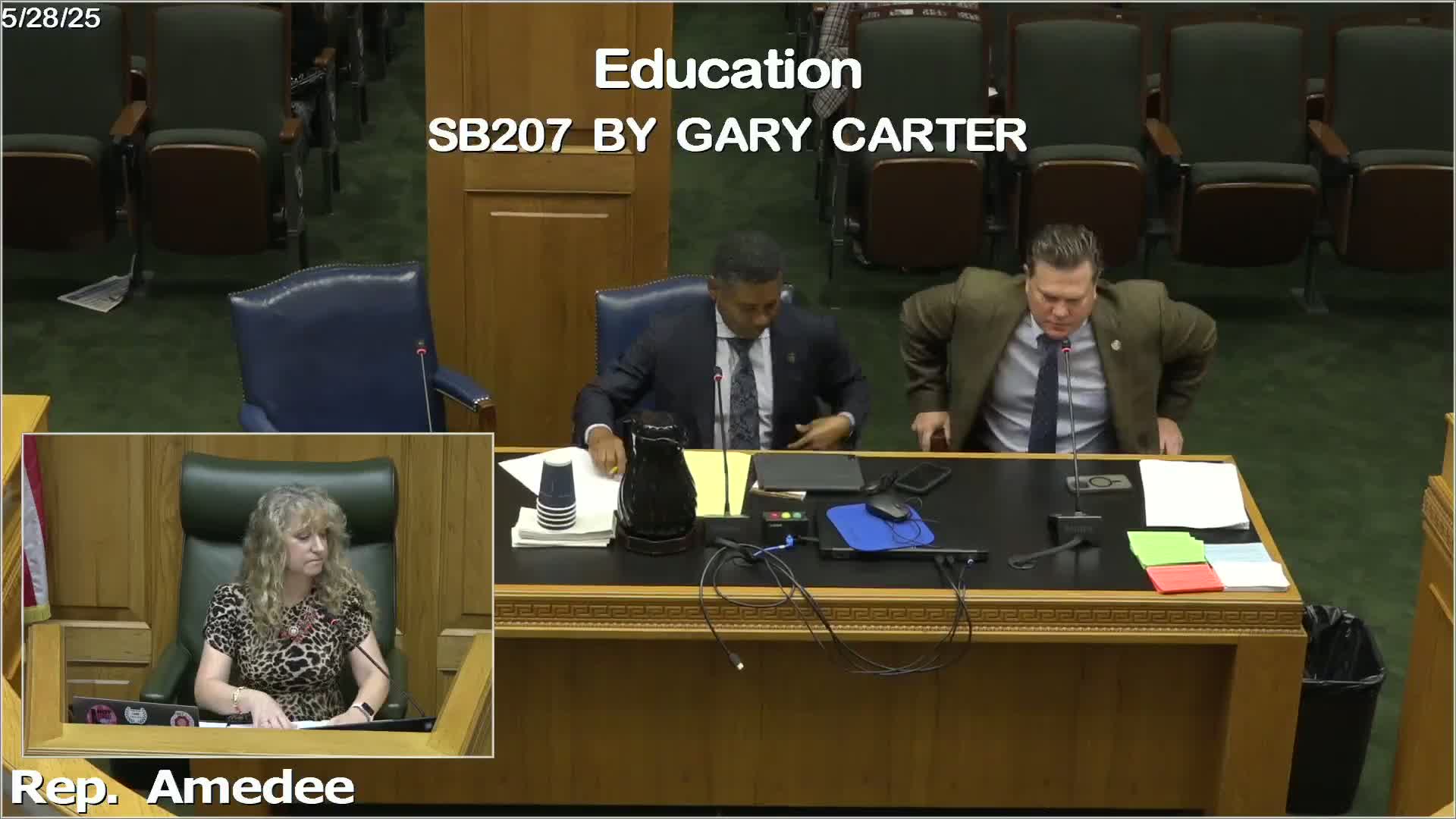
Committee approves bill requiring public high schools to offer or arrange access to vocational and technical courses
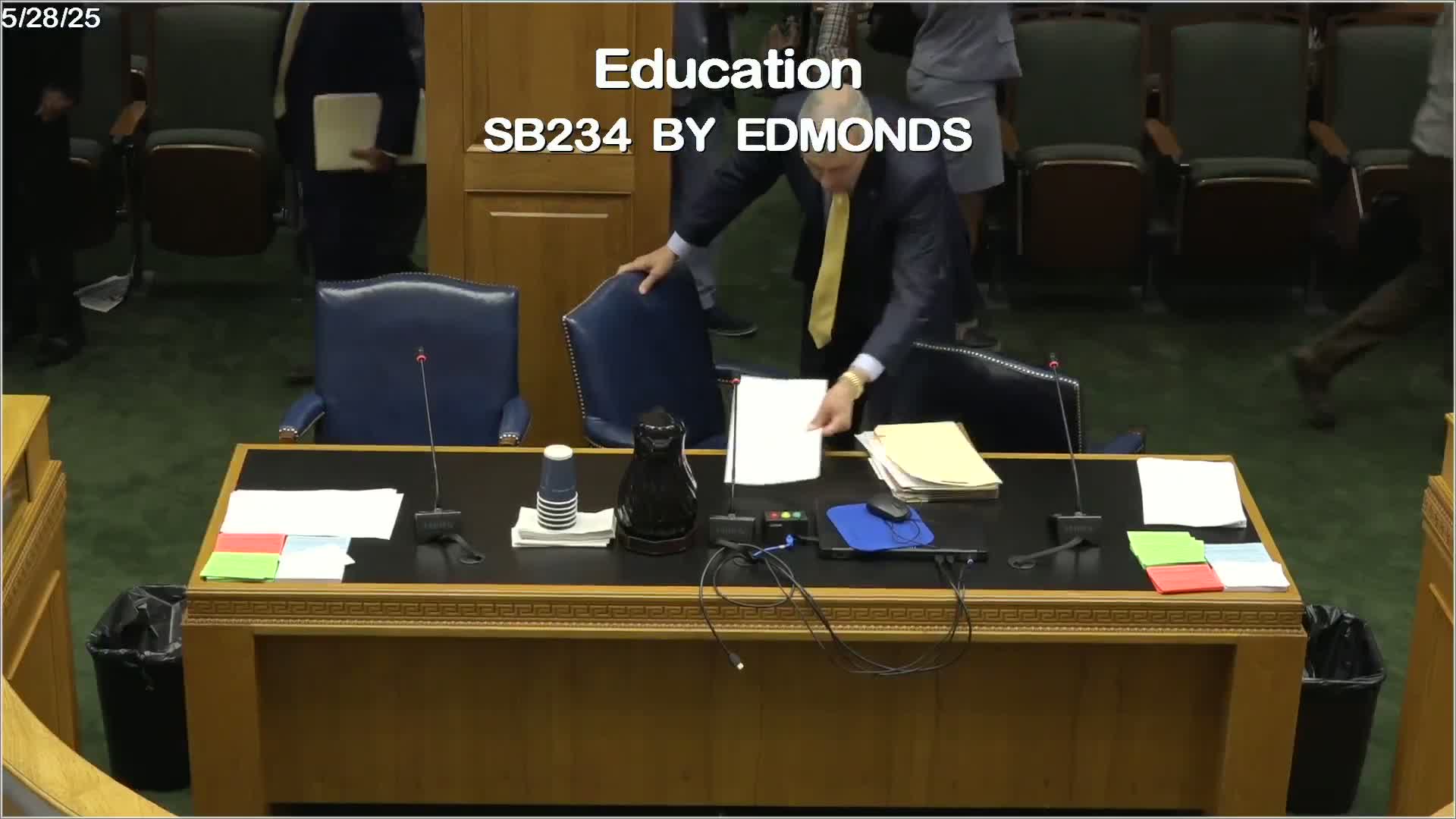
Committee backs bill to cut state testing and direct BESE to seek alternatives that preserve federal funding
